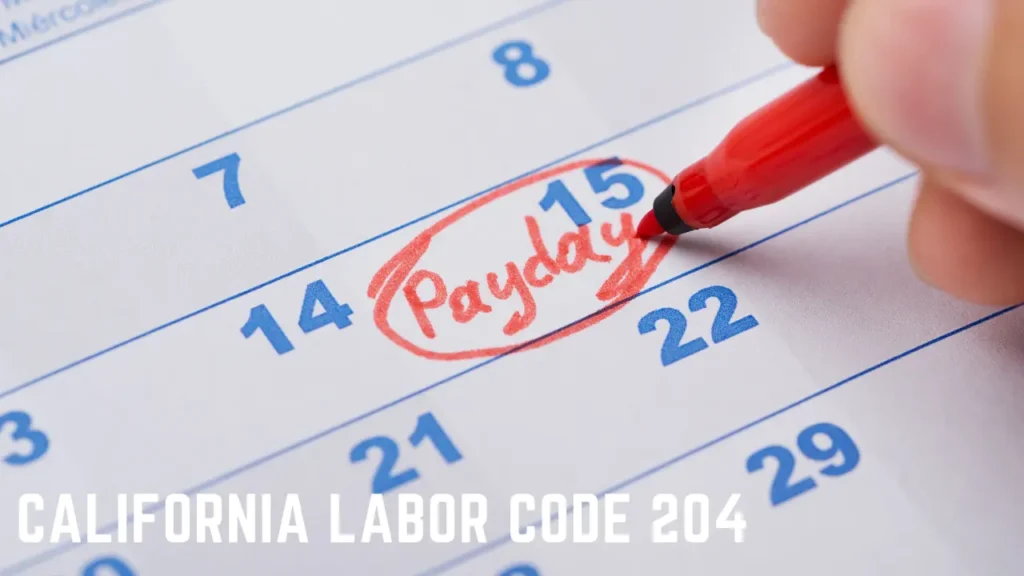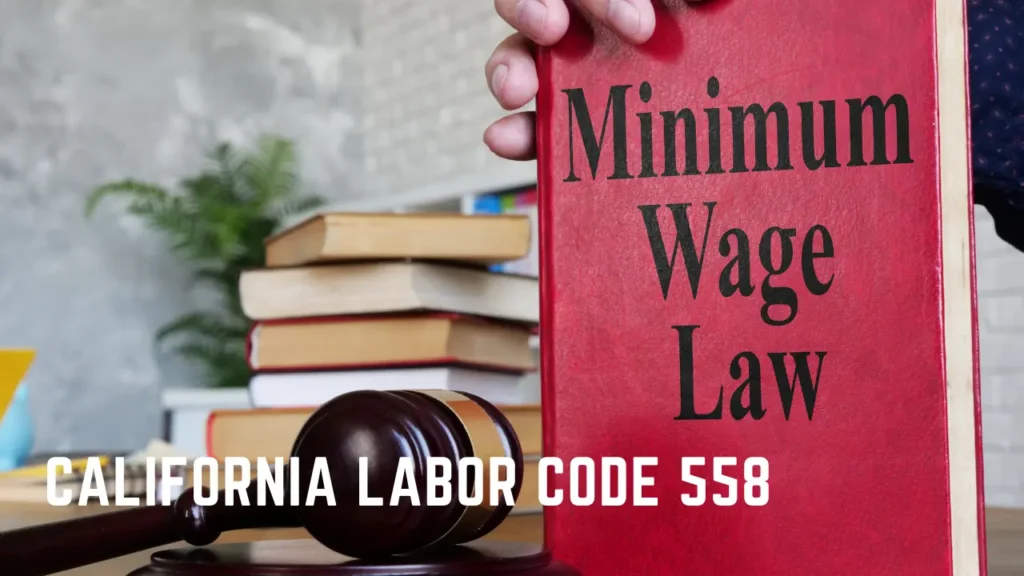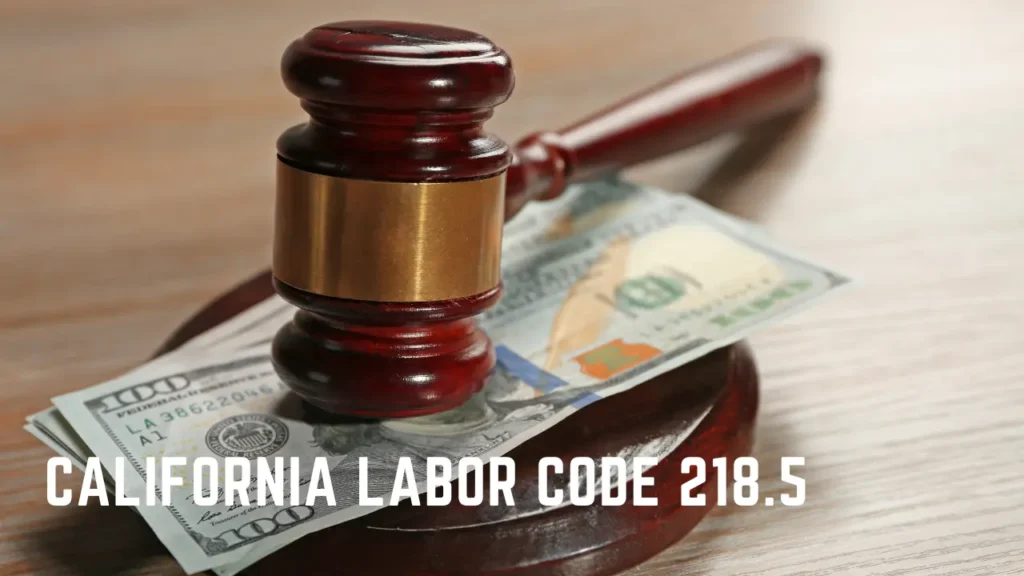Table of Contents
ToggleWhile this provision may seem straightforward, its application often raises questions around the number of available days, calculation methods, valid reasons for leave, and employer obligations. Additionally, understanding the legal recourse available in case of rights violation is paramount.
As such, this discussion will explore the various aspects of Kin Care Leave in California, providing clarity and encouraging further exploration into this important entitlement.
Overview of Kin Care Leave
Aimed at fostering familial support, kin care leave in California is a provision that enables employees to allocate up to half of their accrued sick leave towards caring for specified family members. This covers needs such as diagnosis, treatment, and extending support to victims of domestic violence, sexual assault, or stalking.
This labor law provision considers not only immediate family members but also domestic partners, grandparents, grandchildren, and siblings as eligible beneficiaries. Employers are prohibited from retaliating against employees utilizing kin care leave.
The amount of leave available is based on the employee’s accrued sick leave over a six-month period. In cases where kin care leave rights are violated, employees have legal recourse, including reinstatement, back pay, or other damages.
Understanding Entitlements and Usage
Understanding the full extent of entitlements and their usage under the kin care leave law is crucial for both employees and employers in California. The law stipulates that employees can use up to half of their accrued sick leave in a year to care for a family member. This includes medical appointments, treatments, or even assisting victims of domestic violence, sexual assault, or stalking.
- Employees can allocate up to 50% of their sick leave for kin care purposes.
- The law protects employees from any adverse actions from employers due to kin care leave usage.
- Kin care leave extends to a broad range of family members, including children, spouses, parents, and even designated persons.
Having a clear understanding of these entitlements ensures fair and lawful workplace practices.
Valid Reasons for Kin Care Leave
What constitutes a valid reason for taking kin care leave under California law?
Employees are eligible to utilize kin care leave when seeking diagnosis, care, or treatment for an existing health condition of a covered family member. This includes children, parents, spouses, domestic partners, grandparents, grandchildren, siblings, and designated persons.
Additionally, kin care leave supports employees with family members who are victims of domestic violence, sexual assault, or stalking. Assistance can range from medical care to court relief, relocation, or counseling.
Importantly, employers are required by law to respect an employee’s decision to use kin care leave for these valid reasons, with protections in place against retaliation or adverse job actions.
Legal Recourse for Rights Violation
In the unfortunate event of a violation of kin care leave rights, employees in California have several legal recourses available to them, including reinstatement, back pay, or other damages. Employers found in violation of the law may be required to:
- Reinstate the Employee: If an employee is unfairly dismissed for using kin care leave, they may be reinstated to their former position.
- Pay Back Wages: The employer may be required to pay the employee any wages lost as a result of the violation.
- Compensate for Damages: If the employee suffered any other losses, the employer may also be required to provide compensation.
These recourses are designed to deter unlawful actions and provide remedies to affected employees, reflecting the seriousness with which California views kin care leave rights.
Support and Assistance Resources
While legal recourse offers a means of addressing violations of kin care leave rights, there are also various support and assistance resources available to help employees navigate these issues effectively.
These resources range from online platforms providing detailed information on labor law topics, to law firms offering prompt legal help. Many firms offer a quick response time, typically within five minutes, to inquiries made via contact forms on their websites.
Additionally, help is available round-the-clock, catering to the needs of employees facing discrimination cases, workers’ compensation claims, and other labor law issues. These services provide comprehensive guidance to employees, helping them understand their entitlements, benefits, and the steps to take when facing kin care leave related issues.
Defining Covered Family Members
California’s kin care leave policy encompasses a broad spectrum of familial relationships, including children, parents, spouses, domestic partners, grandparents, grandchildren, siblings, and designated persons, all of whom are considered covered family members.
- Children and Parents: The policy covers both biological and adopted children, irrespective of their age or dependency status. Parents include both biological and adoptive parents as well as step-parents or foster parents.
- Spouses, Domestic Partners, and Designated Persons: The policy covers legally married spouses and registered domestic partners. If the employee does not have a spouse or domestic partner, they can designate one person for whom they may use their sick leave.
- Grandparents, Grandchildren, and Siblings: The policy applies to the care of grandparents, grandchildren, and siblings, recognizing the importance of extended family.
Employer’s Responsibilities
Under the regulations of kin care leave in California, employers hold notable responsibilities, including the obligation to provide employees with an adequate amount of sick leave that can be utilized for kin care purposes. Employers are required to allot at least half of an employee’s accrued sick leave for kin care.
Additionally, they should not retaliate against an employee who exercises their right to use kin care leave. Employers are also expected to uphold the confidentiality of the employee’s situation. The Labor Commissioner’s office provides oversight for these regulations, ensuring that employers comply.
Violations can lead to penalties, including reinstatement, back pay, and potential court cases. Therefore, understanding and fulfilling these responsibilities is crucial for employers to maintain compliance and provide fair treatment to employees.
Navigating Exceptions in Law
Despite the stringent adherence to kin care leave regulations, there are certain exceptions within California law that warrant close examination.
- Small Business Exemption: Companies with fewer than 50 employees are exempt from the requirement to provide kin care leave. This exception is meant to alleviate financial burdens on small businesses.
- Limited Scope: Kin Care law applies to only specific types of family members. For instance, in-laws aren’t covered under this law.
- No Additional Leave: The law doesn’t grant additional paid leave but allows employees to use their accrued sick leave for family care.
Understanding these exceptions can help employees and employers navigate the complexities of kin care leave, ensuring legal compliance and the protection of workers’ rights.
Legal Aid for Employment Issues
Navigating the intricate landscape of employment law, individuals often seek expert legal aid to ensure their rights, such as kin care leave entitlements, are respected and upheld. Legal professionals can provide comprehensive guidance on complex issues like discrimination cases, workers’ compensation claims, and kin care leave.
If an employee’s rights are violated, the Labor Commissioner’s office handles complaints and civil lawsuits can be filed against employers for legal relief and damages. Attorneys’ fees may be awarded to successful employees in these lawsuits.
It’s crucial to remember that employers cannot take adverse actions against employees for utilizing their kin care leave. Resources are available 24/7 to assist with understanding entitlements, benefits, and the necessary steps to take when facing employment issues.
Conclusion
In conclusion, understanding Kin Care Leave in California is vital for every working individual.
This law ensures employees have the right to use their accrued sick leave to care for certain family members. Employers must respect these entitlements and any violation should be met with legal recourse.
In case of any employment related issues, several resources provide assistance and support.
By being well informed about these rights, employees can ensure a balanced work and family life.














